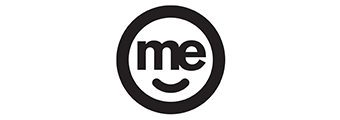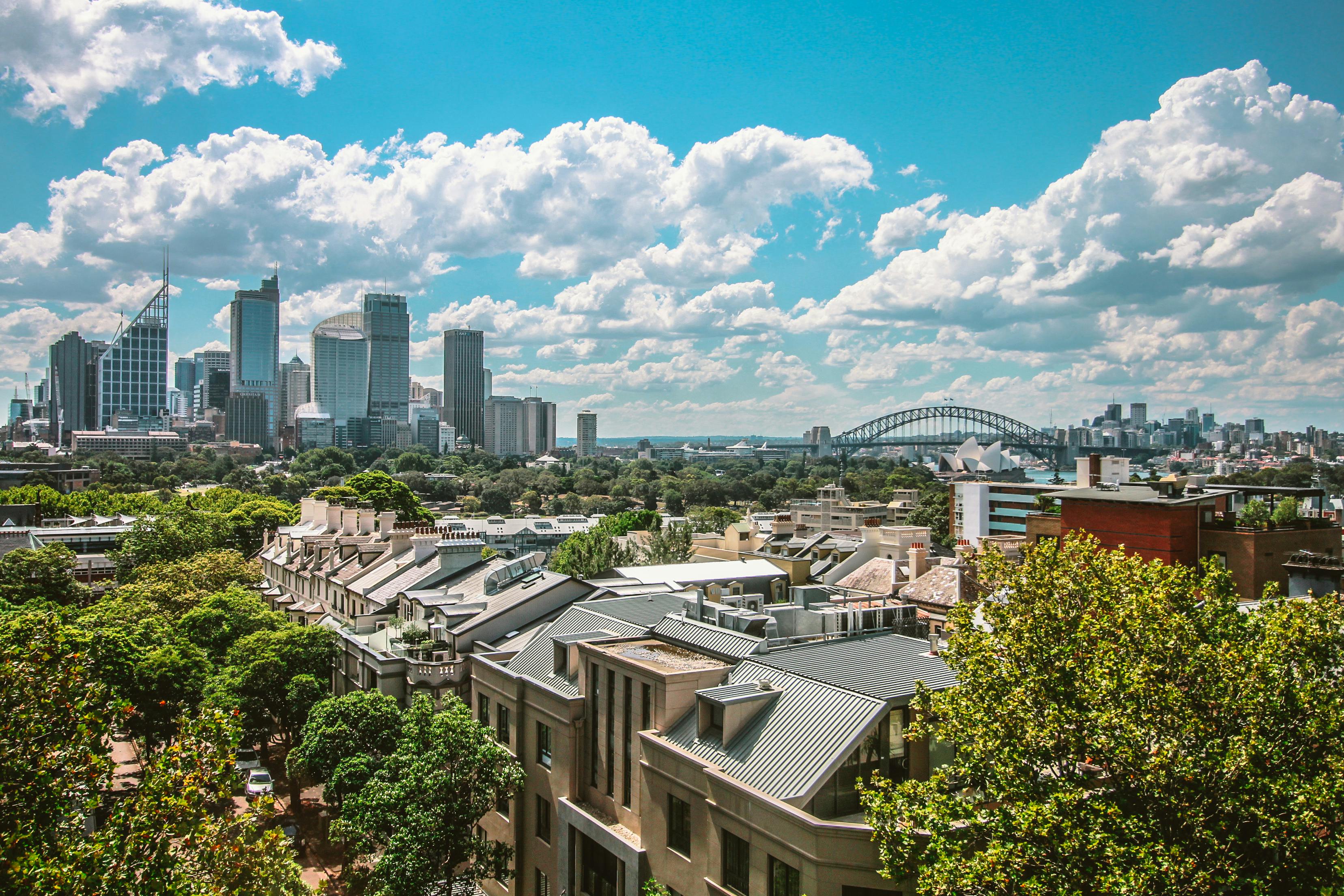Investment bank UBS said if the pandemic continues into September and infects 16% of the global population at higher fatality rates, house prices could plummet by up to 20%.
However, a 'moderate' scenario, where infection rates peak in May and the virus is contained within the next six weeks, would see house prices rise 5%.
An 'intermediate' scenario, where there are three to four times as many infections as the flu and a fatality rate up to ten times higher than the flu, with a June peak, would see house prices fall by 5%.
In its report, UBS said it was difficult to forecast which outcome was the most likely but moderate should be the goal.
"As the virus spreads, the 'moderate' may be viewed as a best case/upside scenario that is consistent with the current global position stabilising, such as coordinated global approach to contain the virus is successful," it said.
"The intermediate scenario may be a revised "likely/base case" and the pandemic a 'downside case' where a global recession occurs."
Want to earn a fixed interest rate on your cash? The table below features term deposits with some of the highest interest rates on the market for a six-month term.
| Bank | Term Deposit | Interest Rate | Interest Frequency | Term | Automatic Rollover | Maturity Alert | Early Withdrawal Available | Minimum Deposit | Maximum Deposit | Notice Period to Withdraw | Account Keeping Fee | Online Application | Joint Application | Tags | Features | Link | Compare | Promoted Product | Disclosure |
|---|---|---|---|---|---|---|---|---|---|---|---|---|---|---|---|---|---|---|---|
4.30% p.a. | At Maturity | 6 months | $5,000 | $10,000,000 | – | – |
| ||||||||||||
4.40% p.a. | At Maturity | 6 months | $1,000 | $1,000,000 | – | – | |||||||||||||
4.20% p.a. | At Maturity | 6 months | $5,000 | $1,000,000 | – | – | |||||||||||||
4.40% p.a. | At Maturity | 6 months | $5,000 | $19,999 | – | – | |||||||||||||
4.10% p.a. | At Maturity | 11 months | $5,000 | $10,000,000 | – | – |
AMP Economist Shane Oliver said the fluctuation of house prices was dependent on how deep a recession there was and how far unemployment rises.
"A sharp rise in unemployment to say 10% or beyond risks resulting in a spike in debt servicing problems, forced sales and sharply falling prices," he said.
"This could then feedback to weaken the broader economy as falling home prices lead to less spending and a further rise in unemployment and more defaults and so on.
"This scenario could see prices fall 20% or so."
Housing market activity unlikely to rise
Tim Lawless and Eliza Owen, Research Heads at CoreLogic, said a Reserve Bank (RBA) cut usually saw an increase in house prices, but this was unlikely to be the case with the latest one.
"However the current situation of extreme uncertainty and economic fragility makes it difficult to expect housing market activity to lift against the historically low cost of debt," they said.
"As the coronavirus pandemic broadens, and the probability of an Australian recession increases, consumer confidence is trending lower from an already weak position.
"This will likely weigh on high commitment consumer spending decisions, such as buying or selling a home."
They said transaction activity was likely to suffer as buyer and sellers retreated due to the uncertain times we're experiencing.
Additionally, they predicted a rise in unemployment would see more households struggle to make mortgage repayments and fall into arrears.
"Of course this outcome is contingent on the impact from coronavirus only lasting several months; a more sustained economic downturn would likely see households struggling with higher unemployment and underemployment."
"Considering that household debt levels are close to record highs, a material weakening in labour markets would likely see a substantial rise in mortgage arrears and distressed properties entering the market."
Banks are likely to offer a pause on home loan repayments for those suffering financial hardship due to the virus - NAB has already done so.
Labor and the Greens have also called for action such as a moratorium on all foreclosures and evictions for single family homeowners, like the plans recently passed in the likes of the UK and US.

Ready, Set, Buy!
Learn everything you need to know about buying property – from choosing the right property and home loan, to the purchasing process, tips to save money and more!
With bonus Q&A sheet and Crossword!







 Bea Garcia
Bea Garcia
 Denise Raward
Denise Raward
 Harry O'Sullivan
Harry O'Sullivan
 Jacob Cocciolone
Jacob Cocciolone
 Datamentary
Datamentary

